Indigenous Governance Database
IGD Database Search
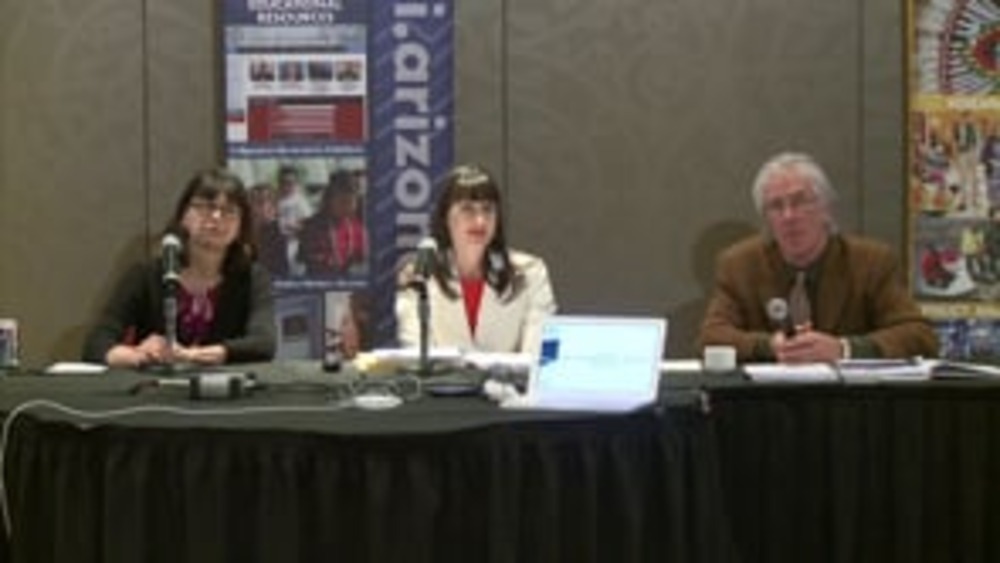
Jill Doerfler and Carole Goldberg: Key Things a Constitution Should Address: Who Are We and How Do We Know? (Q&A)
Presenters Jill Doerfler and Carole Goldberg field questions from seminar participants about the various criteria that Native Nations are using to define citizenship, and some of the implications that specific criteria present.
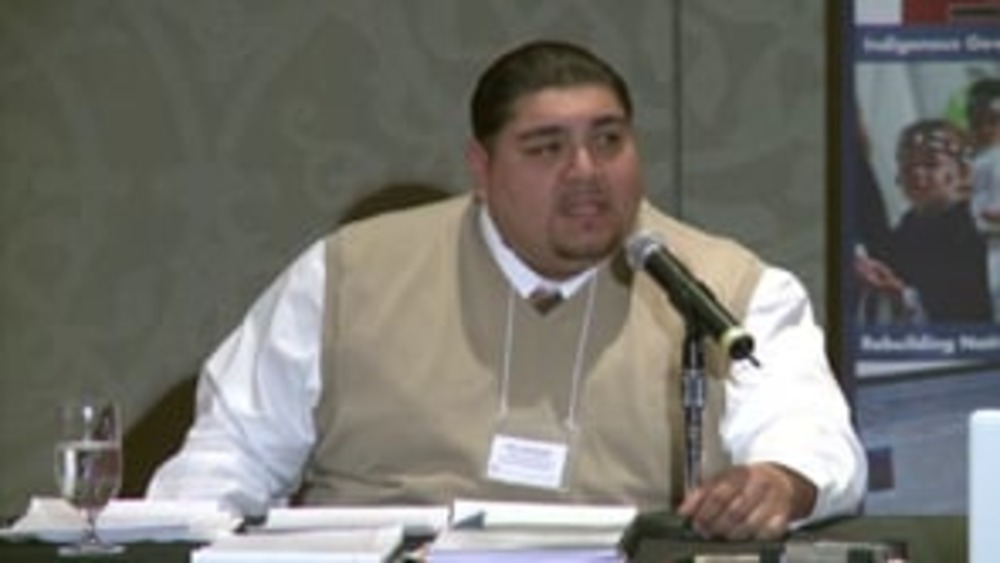
Ruben Santiesteban and Joni Theobald: Choosing Our Leaders and Maintain Quality Leadership: The Lac du Flambeau Band of Lake Superior Chippewa Indians
Ruben Santiesteban and Joni Theobald of the Lac du Flambeau Band of Lake Superior Chippewa Indians provide an overview of how Lac du Flambeau developed a new approach to cultivating and then selecting quality leaders to lead the Band to a brighter future.
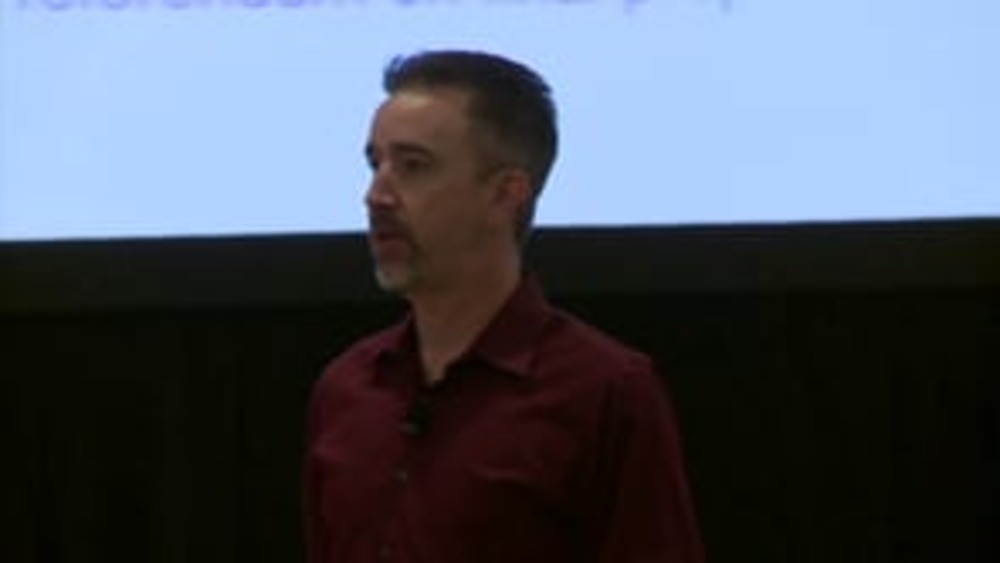
Ian Record: Setting the Focus and Providing the Context: Critical Constitutional Reform Tasks (Presentation Highlight)
In this highlight from the presentation "The Process of Constitutional Reform: The Challenge of Citizen Engagement," NNI's Ian Record lays out two critical overarching tasks that those charged with leading a nation's constitutional reform effort must undertake.
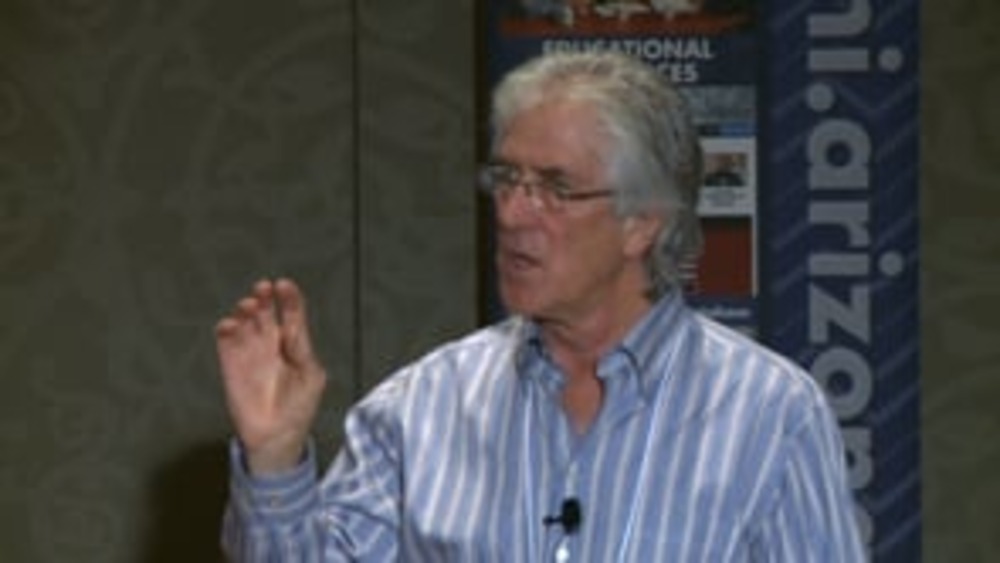
Robert Hershey: The Legal Process of Constitutional Reform
Robert Hershey, Professor of Law and American Indian Studies at the University of Arizona, provides an overview of what Native nations need to consider when it comes to the legal process involved with reforming their constitutions, and dispels some of the misconceptions that people have about the…

Angela Wesley: A "Made in Huu-ay-aht" Constitution
Angela Wesley, Chair of the Huu-ay-aht Constitution Committee, discusses the process that the Huu-ay-Aht First Nations followed in developing their own constitution and system of government. She describes how Huu-ay-aht's new governance system is fundamentally different from their old Indian Act…
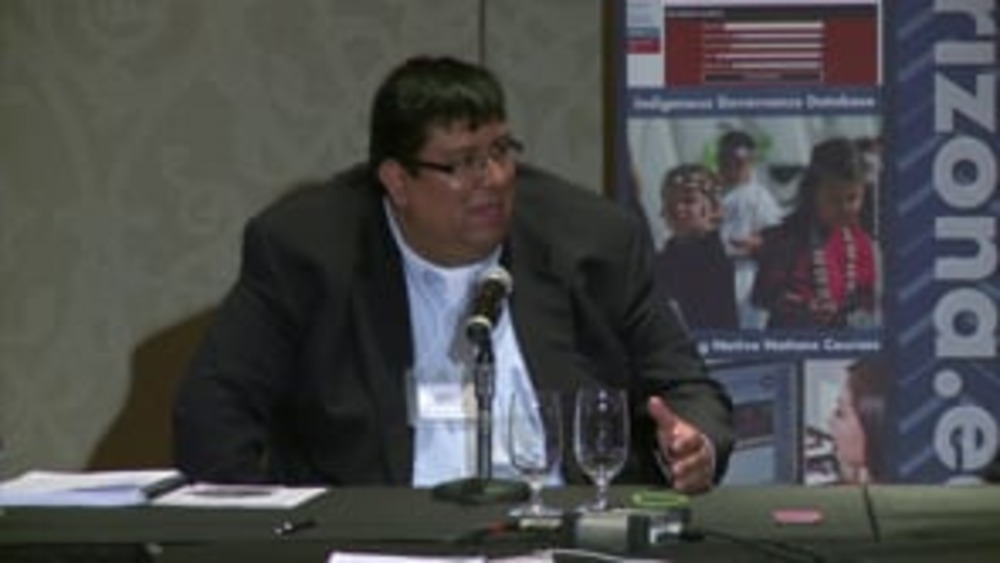
Anthony Hill and Angela Wesley: The Process of Constitutional Reform: The Challenge of Citizen Engagement (Q&A)
Presenters Anthony Hill and Angela Wesley field questions from the audience about the approaches their nations took to constitutional reform.
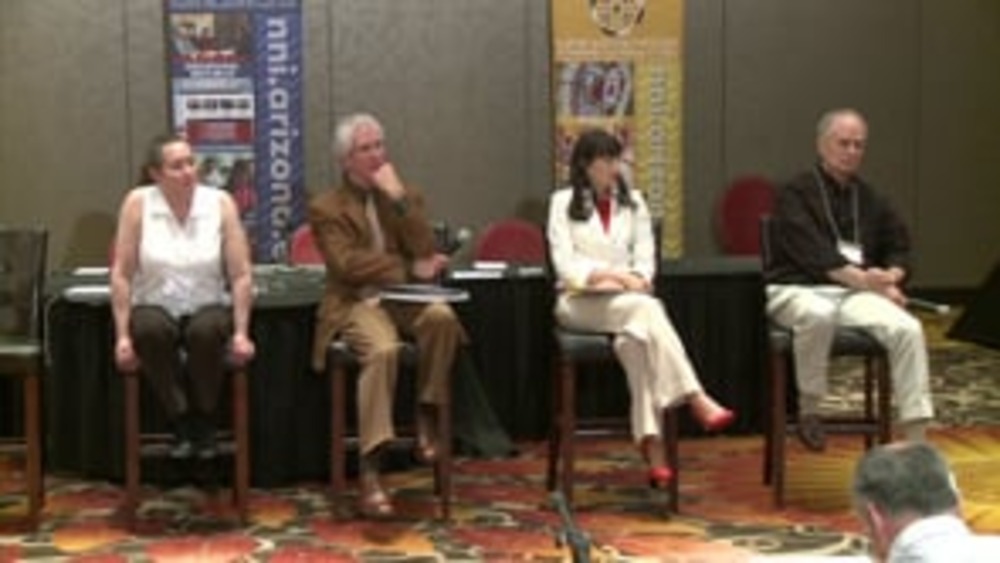
Constitutions and Constitutional Reform - Day 1 (Q&A)
Presenters and moderators from the first day of NNI's "Tribal Constitutions" seminar gather to field questions from seminar participants on a variety of topics ranging from dual citizenship to the relationship between a nation's constitution and its economic development environment.
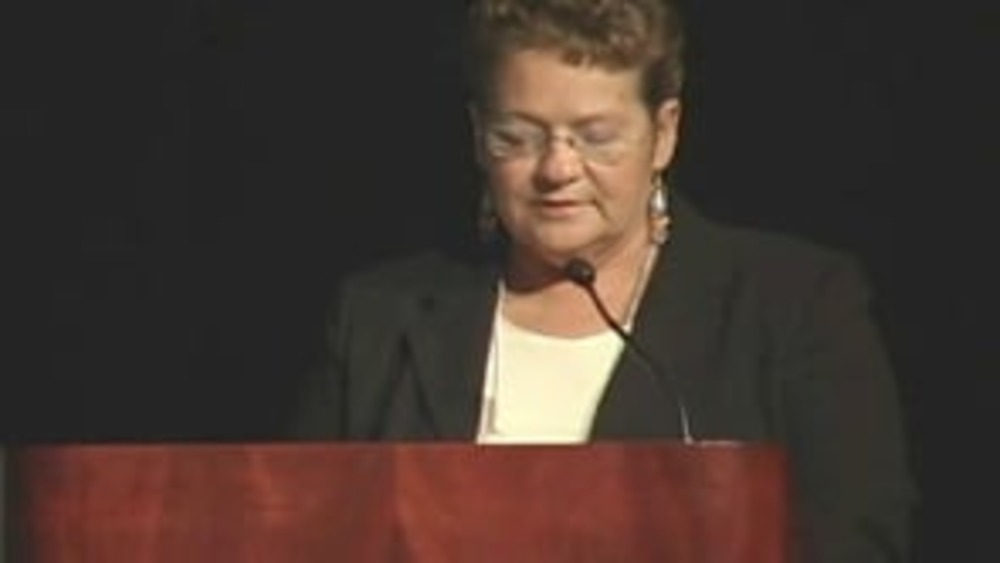
Honoring Nations: Pat Cornelius: Oneida Nation Farms
Manager of the Oneida Nation Farms Pat Cornelius presents an overview of the organization's work to the Honoring Nations Board of Governors in conjunction with the 2005 Honoring Nations Awards.

Honoring Nations: Tina Scott and Nan Smith: Mississippi Band of Choctaw Family Violence and Victim's Services
Program representatives Tina Scott and Nan Smith provide an overview of Mississippi Choctaw's Family Violence & Victim's Services program and discuss how its integrated approach has improved the quality and effectiveness of the services it provides to Choctaw citizens.
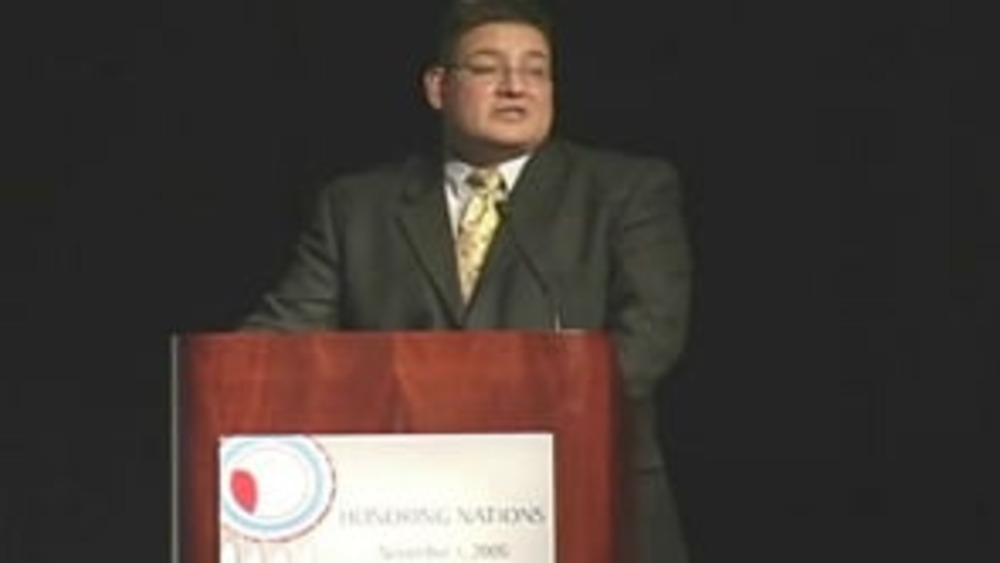
Honoring Nations: Mark Graham: Navajo Nation Sales Tax
Mark Graham, former executive director of the Office of the Navajo Tax Commission, presents an overview of the Navajo Nation Sales Tax to the Honoring Nations Board of Governors in conjunction with the 2005 Honoring Nations Awards.
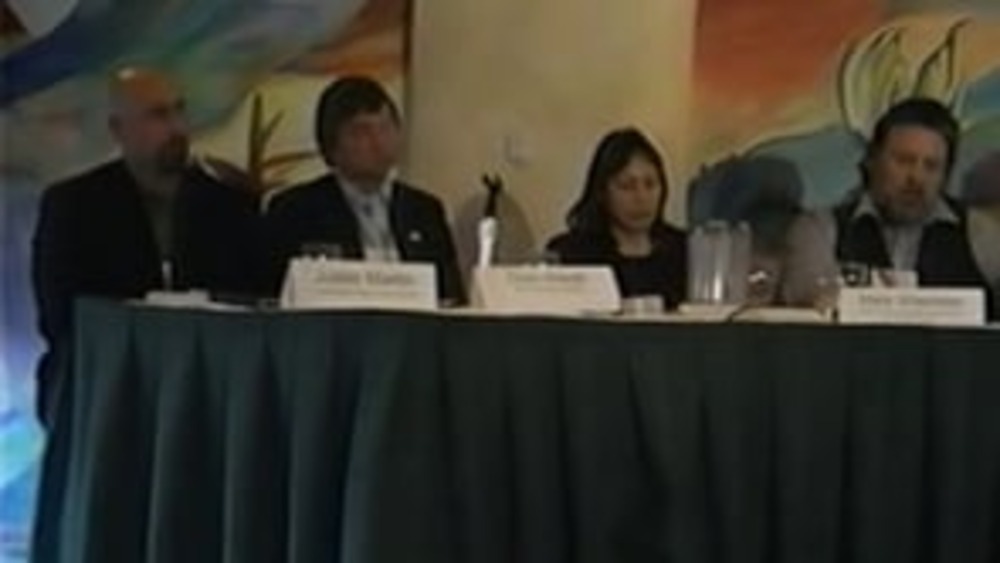
Honoring Nations: Using Partnerships to Achieve Governing Goals
Heather Kendall-Miller moderates this panel of Native leaders for a discussion on building and maintaining intergovernmental relationships.
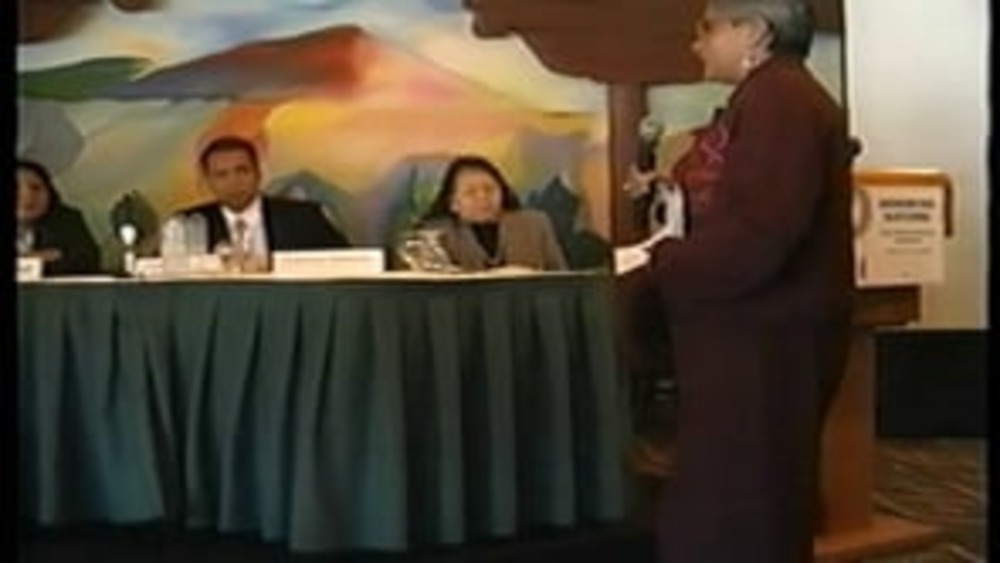
Honoring Nations: The Politics of Change - Internal Barriers, Opportunities and Lessons for Improving Government Performance
Moderator JoAnn Chase facilitates a wide-ranging discussion by a panel of Native nation leaders and key decision-makers about internal barriers inhibiting good governance and opportunities and lessons for improving government performance in Native nations.
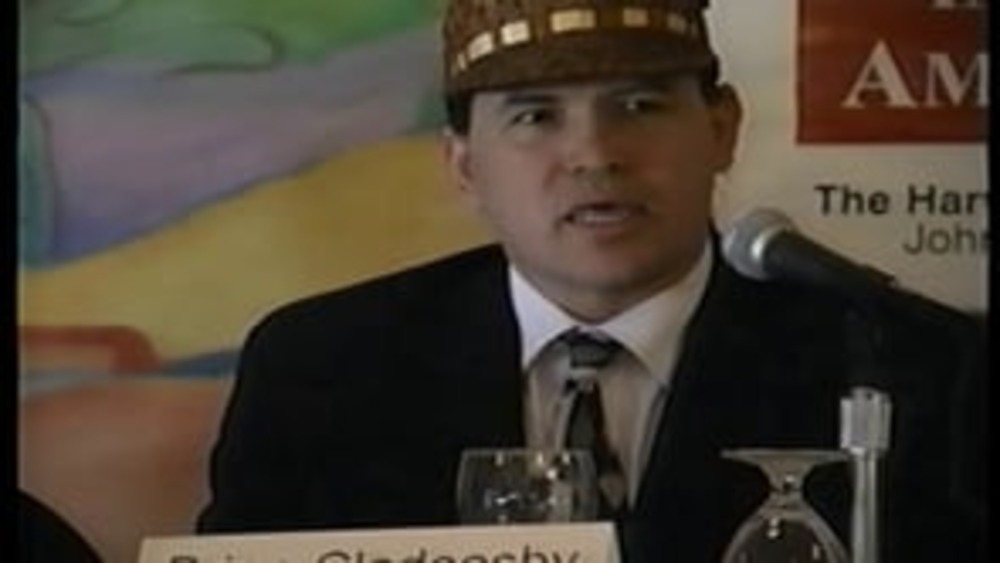
Honoring Nations: What is Good Tribal Governance and Why is it Important?: Tribal Leaders' Perspectives
Moderator Joseph P. Kalt facilitates a rich discussion by an impressive panel of Native nation leaders about the role leaders play in building and sustaining successful tribal programs.
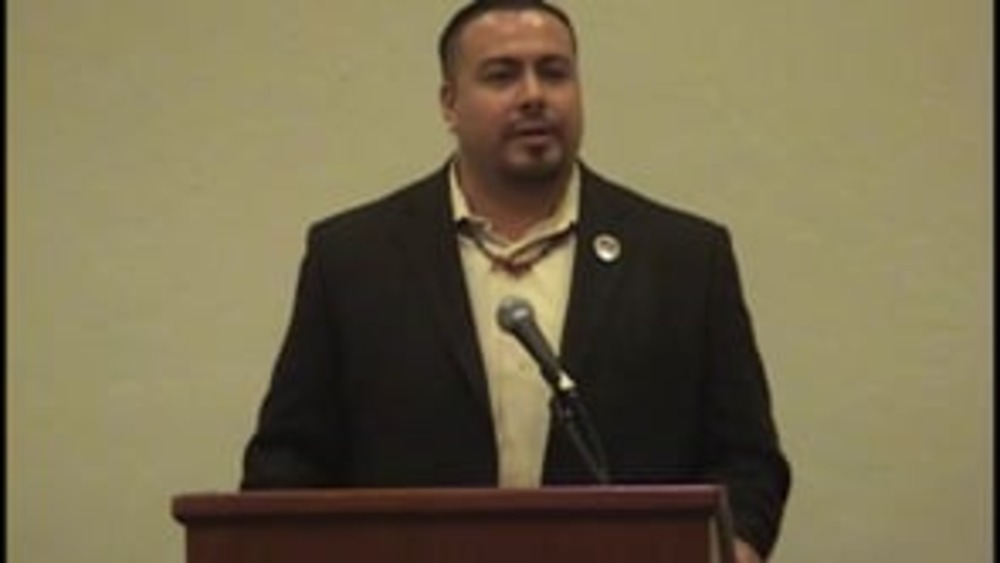
Jamie Fullmer: Taking a Strategic Approach at Yavapai-Apache Nation
Jamie Fullmer, former chairman of the Yavapai-Apache Nation, discusses how his nation developed a strategic approach to tackling its nation-building challenges during his time in office. He stresses the importance of Native nations and leaders conducting comprehensive of the state of their…
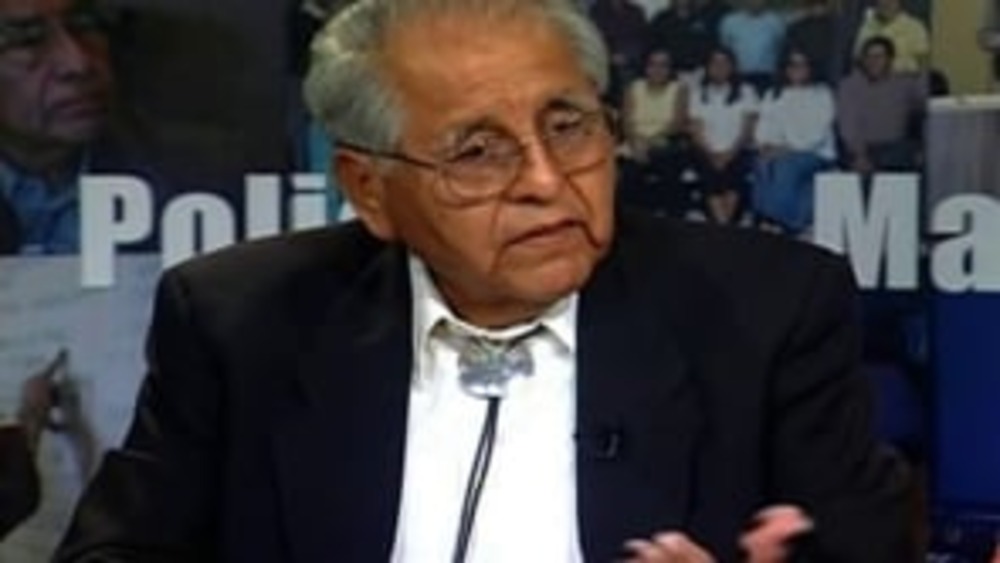
From the Rebuilding Native Nations Course Series: "The Role of Bureaucracies in Nation Building"
Native leaders discuss the critical role that bureaucracies play in Native nations' efforts to achieve their nation-building and community development priorities.
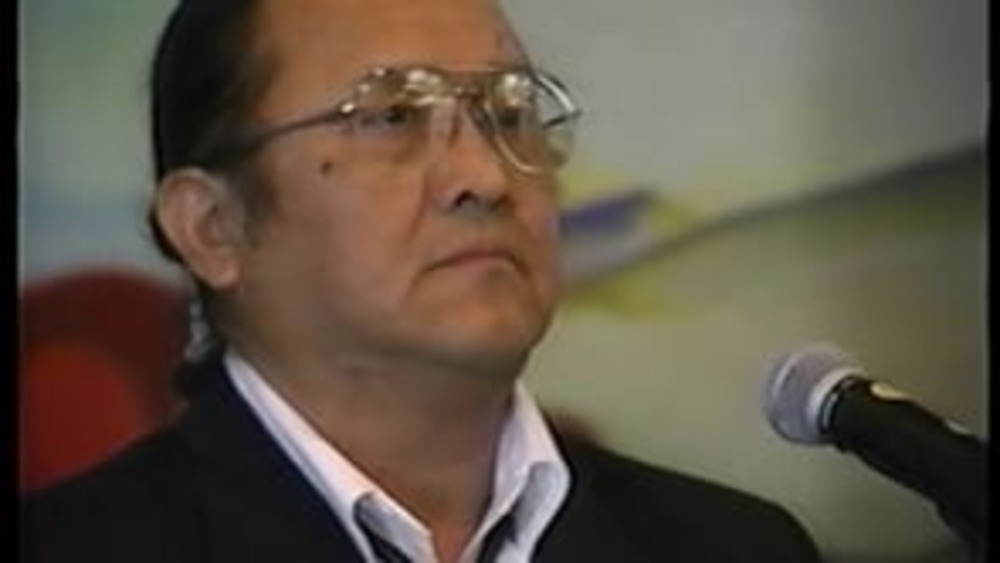
Honoring Nations: Robert Yazzie: The Navajo Nation Judicial Branch
Chief Justice Emeritus Robert Yazzie of the Navajo Nation Supreme Court talks about the Navajo Nation Judicial Branch's application of Navajo common law in its jurisprudence as an example of the importance of Indigenous cultural values and common law into the governance systems of Native nations.
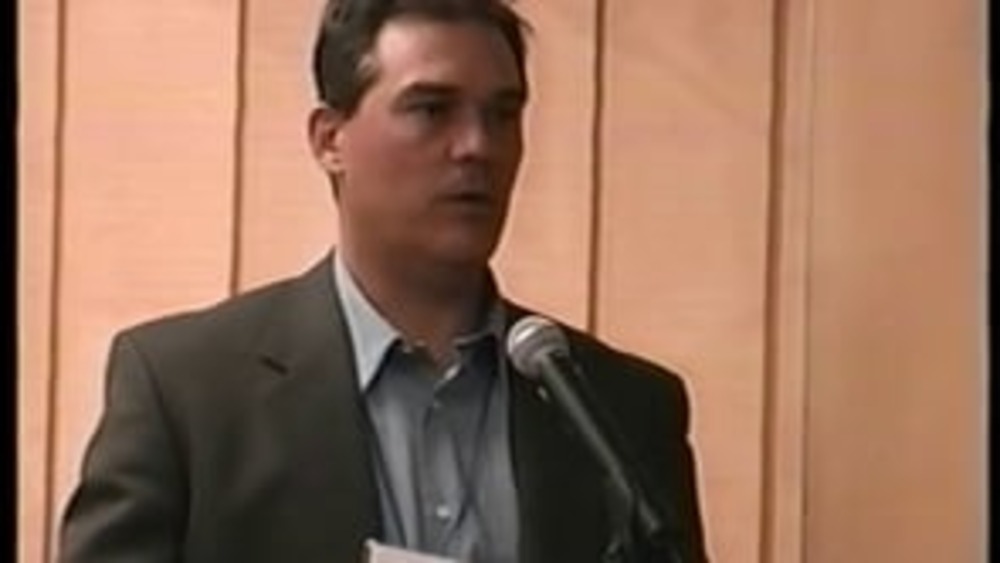
Honoring Nations: Jon Cooley: Building Capable Institutions of Self-Governance: White Mountain Apache Wildlife and Recreation Program
Jon Cooley, former director of the White Mountain Apache Tribe's Wildlife and Outdoor Recreation division, discusses how their program went about building capable institutions of self-governance in order to manage the Tribe's natural resources -- specifically wildlife -- in a sustainable manner.
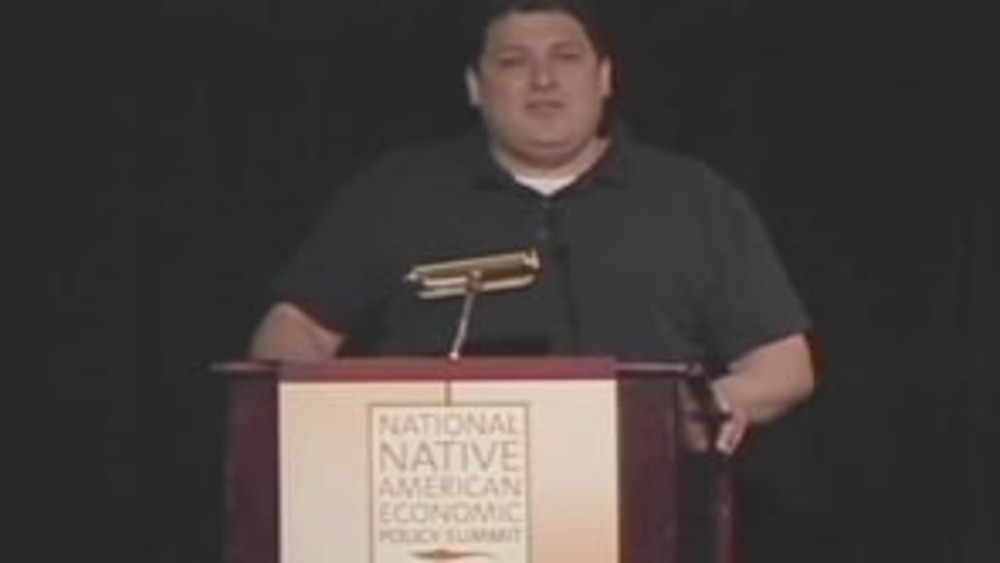
National Native American Economic Policy Summit: Lance Morgan: Policy
The National Native American Economic Policy Summit was held in Phoenix, Arizona, May 15-17, 2007, with more than 500 key stakeholders gathering to discuss the challenges to growing healthy, vibrant Native economies. In addition to identifying challenges, participants were asked to recommend…
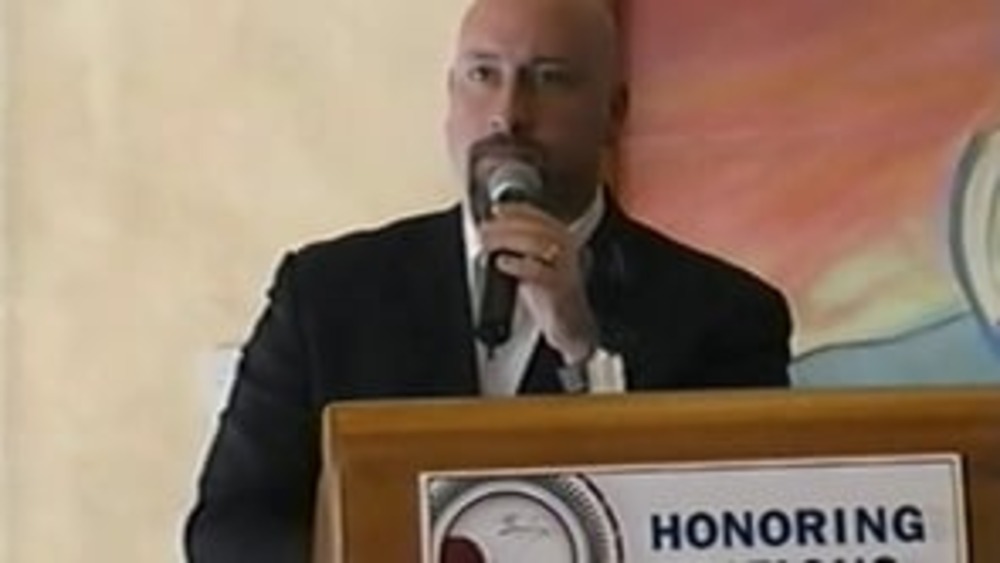
Honoring Nations: Justin Martin: Enhancing Government-to-Government Relationships
Justin Martin, Former Director of Intergovernmental Affairs at Grand Ronde, discusses his nation's relationship in previous years with the state government, and how Grand Ronde was able to build and sustain success over time in the state's legislative arena.
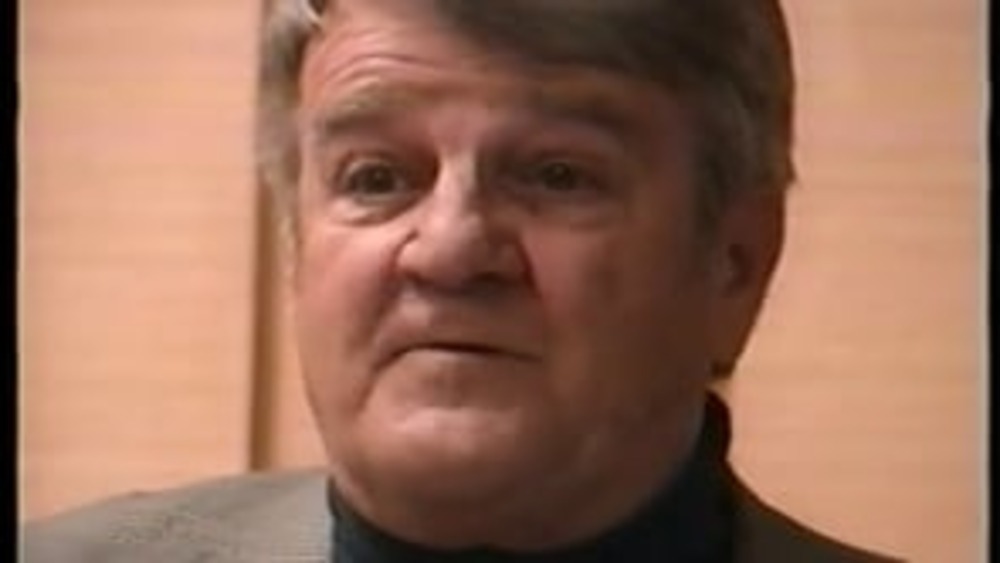
Honoring Nations: Charlie O'Hara: Developing Productive Government-to-Government Relations: Swinomish Cooperative Land Use Program
Charlie O'Hara discusses the Swinomish Cooperative Land Use Program and the importance of developing productive mutually beneficial government-to-government relations.
Pagination
- First page
- …
- 38
- 39
- 40
- …
- Last page
